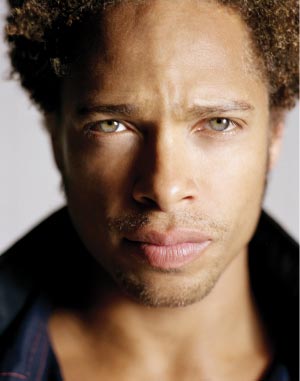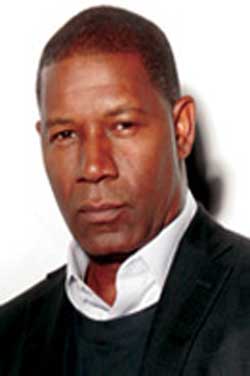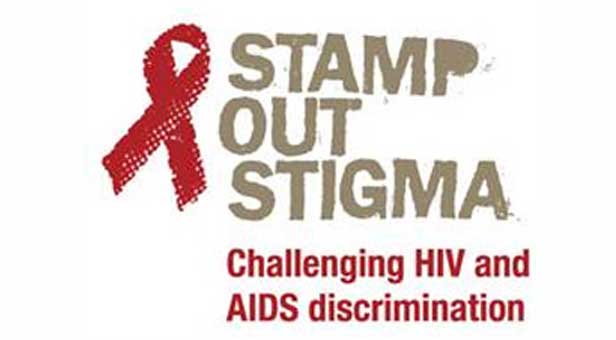

Submitted by Janice Rhoshalle
One in a weekly series about the Black AIDS Institute’s Greater Than AIDS ambassadors, who are using their VIP status in Black America to increase awareness of HIV/AIDS and HIV testing and treatment.
”This is where it gets messy,” Gary Dourdan says with a laugh as the former CSI: Crime Scene Investigation star reveals why he abandoned his sexually promiscuous, drug- and alcohol-addicted past to get clean and get tested.
At what moment did you decide to get tested for HIV/AIDS?
I can’t remember a specific time, but there were a few times when I just needed to clear myself up. I was partying a lot and hanging out a lot, [and] I felt that I was being a little bit too laissez-faire, blasé-blasé about the girls I was seeing, having sex with different individuals. I had let myself go a great deal and [was] not really caring about what was going on with myself, and that reflected who I was seeing as well.
When you found out you were HIV negative, how did that change your behavior?
After I got my answer back, I felt relieved, of course, and I felt a stronger awareness to take care of myself from that point on, and to not have to go through that gut-wrenching feeling of not knowing. I felt a better awareness of trying to handle myself better, more maturely, in my sexual situations, and [to] be prepared, even for chance encounters, and always carry a condom with me. Wrappin’ it!
Why did you want to become an ambassador for the Black AIDS Institute?
I’m old enough to remember when AIDS first became news, how it was an epidemic in Africa, and then you blink and it’s all over the streets of America and Europe; and then how it was affecting African Americans. Then very quickly it was right next door, affecting people I knew. The first play I was in, in New York, the playwright died of AIDS. And then you’d hear on the news about some extraordinary person, someone you’d admired, some artist, some person in music, gone–that fashion designer I’d met. Gone. But now we have the possibility to end it–we have the medication, we have the information. So we definitely need to start talking about it.
How can we get that conversation started, especially in African American communities?
It starts with people just wanting to take care of their own bodies. I don’t want to sleep with the five people that that girl slept with, you know? That’s not really fashionable, man. We don’t have to go all the way back in our past sexual histories; just protect yourself and keep it moving. Just start it now.
What does it mean to you to be greater than AIDS?
To be responsible for myself and protect myself; to admit without shame that there are some women who have had to put me in my place by saying no. And I’ve had to learn how to be a man and take my time. Relationships are better with that because the respect is better.
Beyond your public service announcements for the Institute, how else are you involved in the movement?
I’m a musician as well, and I also play for UNICEF, and I play with various bands and we do live shows. So anytime I can get the word out musically or as an actor, I do. I am nothing if not a person for the community.
Janice Rhoshalle Littlejohn is a Los Angeles-based freelance journalist, author and documentary filmmaker.




Be the first to comment